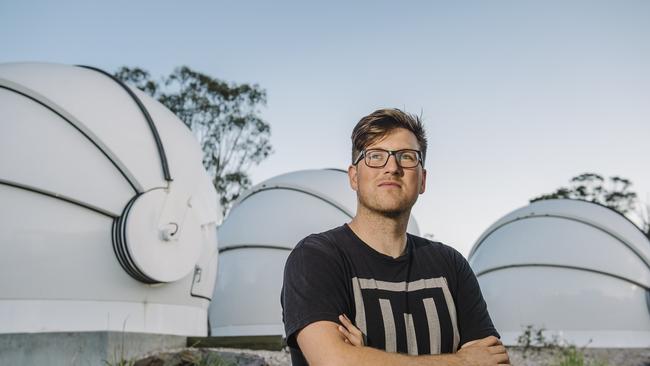Planet hunting made easier by USQ research
A NEW study from the University of Southern Queensland has potentially made the search for new planets in the universe a little bit easier.

Toowoomba
Don't miss out on the headlines from Toowoomba. Followed categories will be added to My News.
A NEW study from the University of Southern Queensland has potentially made the search for new planets in the universe a little bit easier.
The university has for a number of years been involved in the global hunt for exoplanets, simply planets that orbit other stars that aren't our sun.
IT'S OUT EVERYONE!!! After 18 months of working on this paper and many revisions later, our planet-killing paper is out: https://t.co/HwtxR3gRiy (A thread) pic.twitter.com/om4SrSmge0
— Jake Clark (@spacejayk) May 26, 2020
Internationally there have been thousands of potential planet discoveries, the majority of which are still undergoing a rigorous scientific confirmation process.
Astrophysicist Professor Jonti Horner said planets were usually detected by what is known as the "transit technique", a technique where they measure when something orbiting a star blocks the star's light.
"Basically the bigger the thing that blocks out light the more the star will dim," Prof Horner said.
While this technique had led to a number of confirmations of new planets, there is still a lot that scientists like Prof Horner do not know about the planets.
Now, PhD candidate Jake Clark, along with others, has published a study that looks at just what the host star, its size and composition, can tell about the objects that orbit it.
"The big results were 30 things we thought were planets were small stars instead," Prof Horner said.
"The novel thing (about Jake's research) is the amount of stars targeted at once (30,000).
"It's relatively new for people to do this kind of galactic archaeology on such a large scale."
The study, which was led by USQ's Rob Wittenmyer, is available to read at https://bit.ly/2TTZ0QD.

